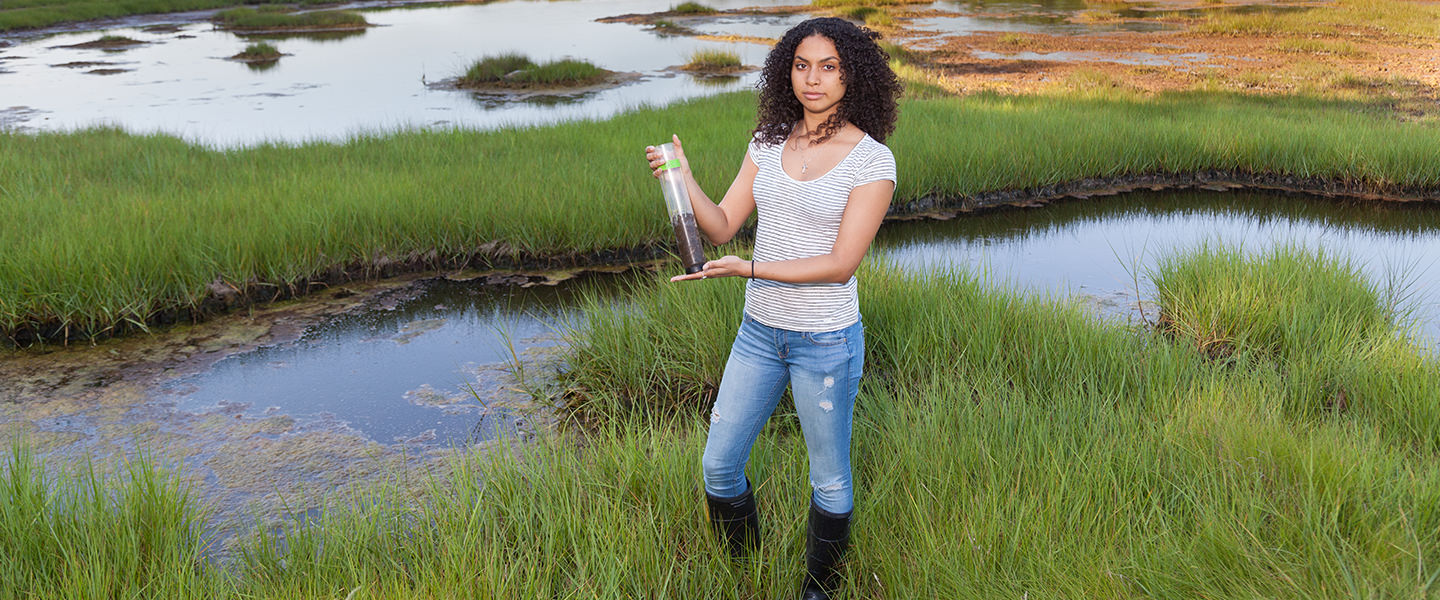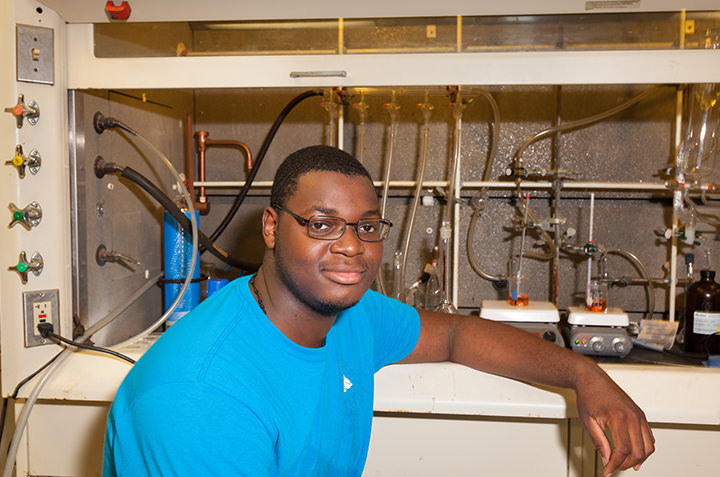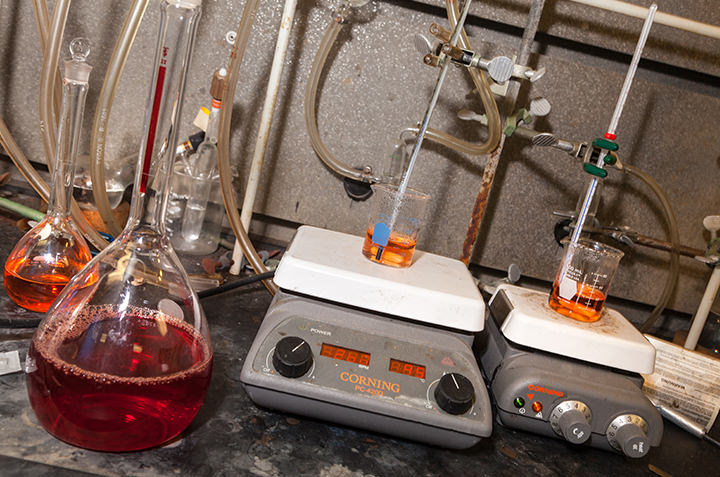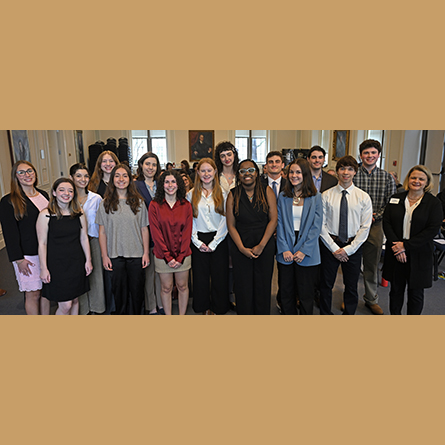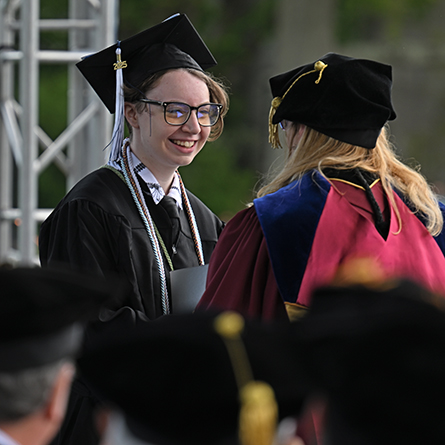
Science in the Trenches
Isis Torres Nuñez ’20 thinks microbes get a bad rap.
“There’s a common misconception that all microbes are harmful, but some are crucial for our survival and don’t cause maladies,” explained Torres Nuñez, a biochemistry, cellular and molecular biology major.
“We have microbes in our bodies that promote health and nutrition, and we also have microbes in our ecosystems that help with nutrient cycling. One of those nutrients is nitrogen, which is what our lab focuses on.”
Torres Nuñez has spent the past two summers in Conn’s Hale Laboratory examining the effects of drought on microbes, and the broader implications of those effects on different ecosystems. Her funded work is part of Connecticut College’s summer science research program, an intensive, 8-10-week collaboration in which a select group of students conduct research with faculty members on projects that will culminate in a fall science symposium.
The research has yielded some significant findings, and Torres Nuñez and her lab partners are in the process of publishing their research in the coming months. She’ll also be traveling to Germany with Professor of Biology Anne Bernhard to deliver a presentation at the upcoming International Society for Microbial Ecology symposium.
Bernhard, who specializes in the microbial ecology of salt marshes, has done extensive work in local wetland areas, something Torres Nuñez has been able to take advantage of as well by collecting samples from Barn Island in Stonington, Connecticut.
“It’s great that I get the intensive lab experience with this program, but also have opportunities to get outside and work in an environment like Barn Island, which has more than 1,000 acres of ecological diversity to study,” Torres Nuñez said.
Jean C. Tempel '65 Professor of Chemistry Marc Zimmer is one of the faculty members leading a research project this summer. He emphasized the importance of the program for students looking to enhance their research skills and lay an early foundation they can build on for graduate school, or for a career in science or medicine.
